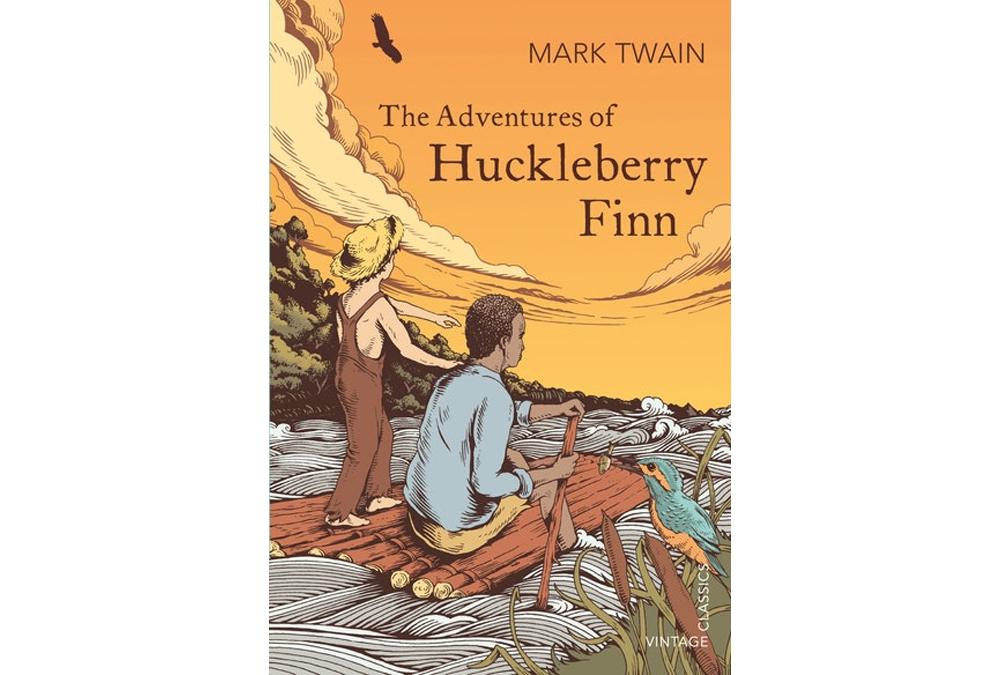Rafting Down the Mississippi: Exploring The Adventures of Huckleberry Finn.
Mark Twain’s The Adventures of Huckleberry Finn is a literary cornerstone, offering a satirical and poignant journey down the Mississippi River. Published in 1885, the novel follows Huck Finn, a young boy grappling with societal norms and his own conscience as he escapes downriver with Jim, a runaway slave. Let’s set sail with Huck and explore 10 key facts about this American classic:
10 Key Facts About The Adventures of Huckleberry Finn:
- A Sequel (of Sorts): Huckleberry Finn follows the adventures of Huckleberry Finn, a character first introduced in Twain’s earlier novel, The Adventures of Tom Sawyer.
- Running Away to Freedom: Huck fakes his own death to escape his abusive father and embarks on a journey down the Mississippi River on a raft with Jim.
- A Powerful Bond: Despite societal pressures, Huck develops a strong friendship with Jim, challenging the racist views of the time.
- A World of Satire: Twain uses satire to expose the hypocrisy and cruelty of racism and social injustice in the American South.
- A Coming-of-Age Story: Through his experiences, Huck grapples with morality, right vs. wrong, and the complexities of human relationships.
- A Colorful Cast: The novel features a memorable cast of characters, from the con artists posing as royalty to the feuding Grangerfords and Shepherdsons.
- Vernacular Language: The story is narrated in Huck’s distinctive voice, employing Southern dialect and colloquialisms that bring the narrative to life.
- A Banned Book? Huckleberry Finn has faced numerous challenges due to its use of racial language, although it remains a valuable teaching tool.
- A Literary Landmark: The novel is considered a masterpiece of American literature, praised for its social commentary, humor, and vivid characters.
- A Timeless Exploration: The themes of friendship, freedom, and defying societal expectations continue to resonate with readers today.
Beyond the Riverbank: Interesting Facts about The Adventures of Huckleberry Finn
- Mark Twain himself spent much of his childhood along the Mississippi River, giving the novel a sense of authenticity.
- The character of Jim was likely inspired by a real-life escaped slave whom Twain encountered.
- The novel was originally titled Huckleberry Finn, the Story of a Bad Boy, reflecting Huck’s internal struggle with morality.
- Huckleberry Finn influenced countless writers, including Ernest Hemingway who called it “the source of all modern American literature.”
- There have been numerous adaptations of the novel for film, television, and theater, showcasing its enduring popularity.
The Adventures of Huckleberry Finn is a literary adventure that will stay with you long after you turn the final page. So, climb aboard Huck’s raft and embark on a journey down the Mississippi, where you’ll encounter humor, adventure, and a powerful exploration of friendship and freedom.

